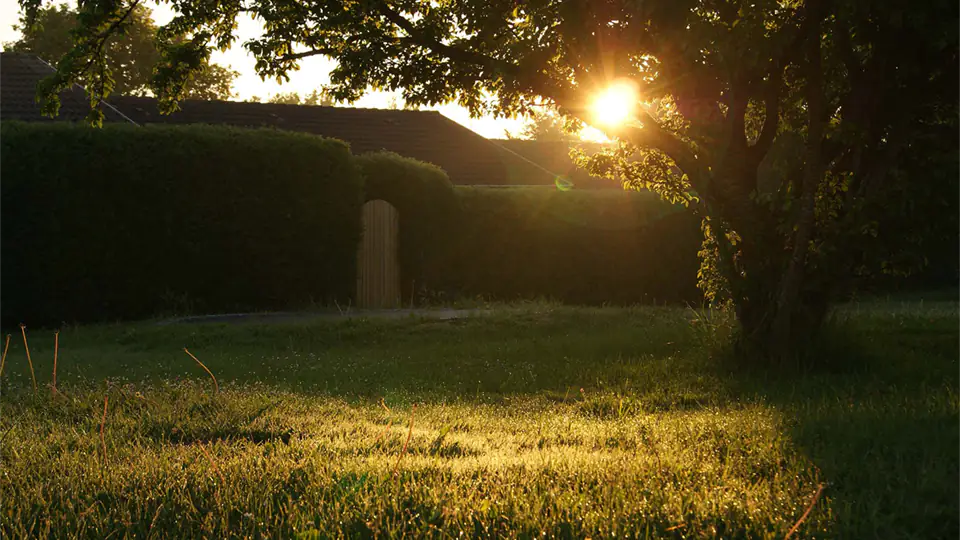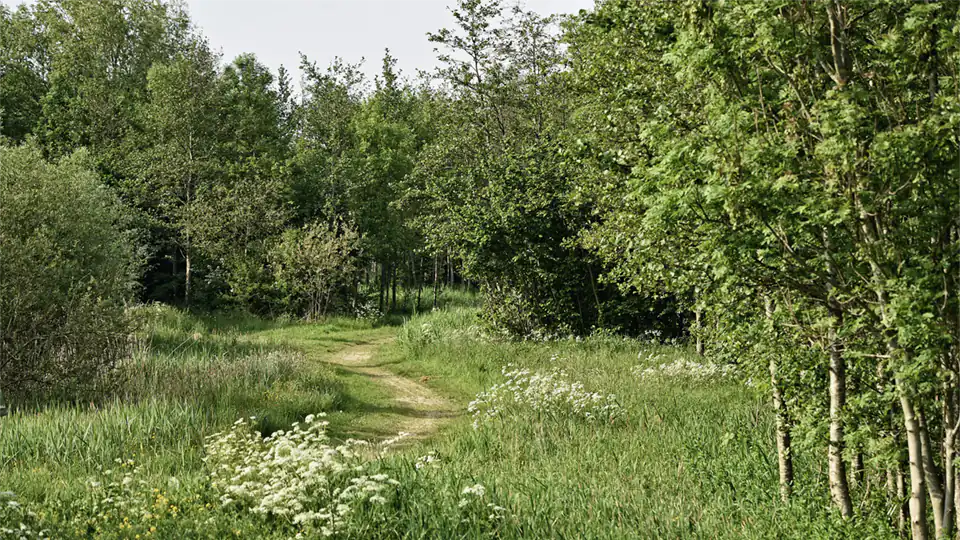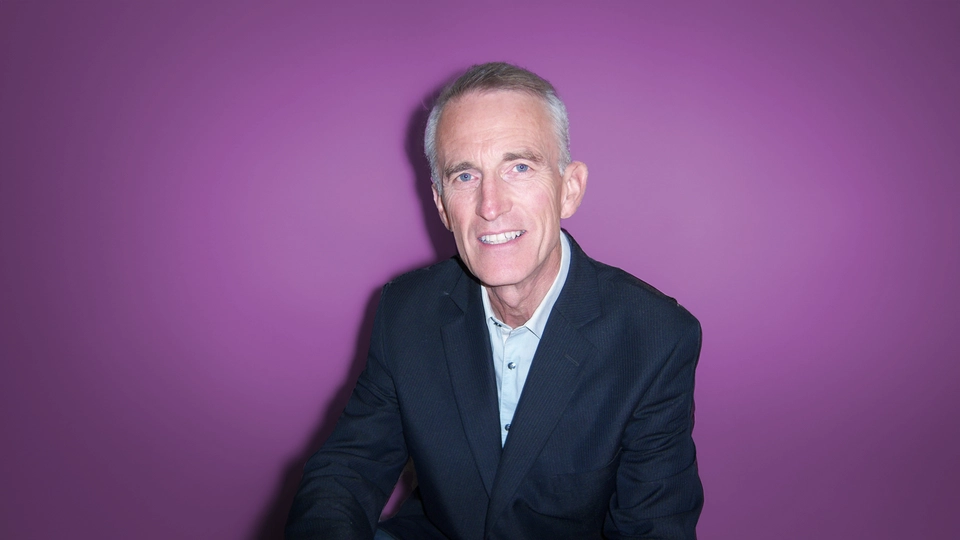Natural Burials
Natural burial, also known as woodland burial, is an alternative funeral method that is gaining popularity in the UK. Listed below are the benefits of natural burials. Home deaths, hospital deaths, and home garden burials are also explained.
Home deaths
As there is no legal requirement to use an undertaker, you can carry out all of the funeral arrangements once you have registered the death, have the death certificate, and any other paperwork. This is probably the most cost-saving method, often referred to as a do-it-yourself funeral, or the cheapest possible funeral. In practice, not many people want to, or be able to get involved in carrying out a funeral at home or transporting a body to the cemetery, crematorium or burial ground.
If the death is at home and a post-mortem is not required, you can store the body at home; however, this is generally for a week maximum and in a cool area. A week is not long, and in more built-up residential areas or over Christmas or bank holidays it may not be possible to arrange and have the funeral within a week.
If the deceased had bedsores, ulcers, infections, or other conditions that could accelerate decomposition, it’s best to store the body at a local undertaker’s refrigerated storage. If a post-mortem is required, the hospital will store the body for you until you are ready to collect it.
Hospital deaths
When a death occurs in a hospital, the hospital will usually store the body for a reasonable period in refrigerated storage while you arrange the funeral. You can collect the body from the hospital if you have appropriate transportation or hire a vehicle. The mortuary staff can sometimes dress the deceased in the clothes of your choice and place the body in the coffin.
Normally you would collect the deceased the night before or in the morning of the funeral if there is time. You can, of course, also take the coffin straight to the crematorium; the staff can then take the coffin for cremation.
Home garden burials

If you want to save on burial costs, you could arrange a home garden burial. However, you must comply with relevant regulations, such as obtaining necessary permissions from local authorities and ensuring that the burial site meets groundwater regulations.
For example, you may need various permission/s as your garden may then be classed as a burial site. There are also regulations not to contaminate groundwater by not burying the body within a certain distance of running/standing water, field drains, ditches, a well, borehole or spring etc. It’s best to check with the Environment Agency for groundwater regulations, including how deep the grave must be.
You do not have to purchase a coffin, but you will need to keep a record of the grave and update the property deeds. Digging a grave can be dangerous, so you may wish to hire a professional grave digging service.
The benefits of natural burial
The Natural Death Centre can inform you of natural burial grounds in the UK, which can offer a rural, often very peaceful location.
These natural burial sites offer several benefits, including cost savings, environmental advantages, and a peaceful, rural location. Unfortunately, natural burial sites do not accept embalmed bodies due to the toxic chemicals used in the embalming process.
Cost-savings
Natural burial is often the most cost-effective option for a funeral. Since you can carry out all the arrangements yourself, you can save on fees charged by undertakers. Additionally, woodland burial plots tend to be less expensive than traditional burial plots in cities.
Environmental advantages
Natural burial is also a more environmentally friendly option. Instead of using toxic chemicals in the embalming process and non-biodegradable coffins, natural burial sites encourage the use of biodegradable coffins, shrouds, or blankets, and prohibit the use of embalming fluids. There are other environmental advantages such as not leaving a carbon footprint created from a headstone manufacturer.
This option involves burying the body in a biodegradable casket or shroud in a natural setting, allowing the body to decompose naturally and become part of the ecosystem.
Natural burials are gaining in popularity as people become more conscious of their impact on the environment and seek more sustainable and meaningful ways to say goodbye to their loved ones.
It must be remembered that there are no headstones allowed in natural/woodland burial sites.
Woodland burials

Natural woodland burial sites are often located in rural areas and offer a serene, peaceful environment for burial. Many people find this setting to be more comforting and fitting for their loved ones.
General information
If you’re planning a crematorium service, and then bury the urn of ashes you may need coffin bearers to walk with and place the coffin in the chapel of rest. Inform the crematorium that you are conducting the funeral and not an undertaker. Certain items cannot be placed in a coffin as they could damage the cremator.
For example, pacemakers explode and often blast a hole in the wall of the cremator; glass objects can also explode. You would need to pay an undertaker to remove a pacemaker or anything else that could damage the cremator. A morning cremation may save you costs compared to later in the day.
Cemetery burial plots can alter enormously in cost, rural burial plots are generally cheaper than city ones. Discounts are usually made for burials within the same borough where the deceased lived.
Contrary to a lot of belief, you do not have to embalm the body of someone who has died from cancer. Local funeral directors can inform you about their fees and storage facilities.
Summary
Home burials are the cheapest and the most personal burial, but it can put certain amendments on the property deeds and possibly de-value the property. Natural and woodland burials offer an environmentally friendly burial solution at a low-cost. However, embalmed bodies and headstones are not allowed. A lack of headstone may not be suitable for many who would like to visit the grave. Likewise, the lack of a headstone would make it difficult explaining to others where the grave is.
Discover the Advantages of Natural Burials details natural burials in more detail.
Step 1: Low-Cost Funerals
Step 2: Funeral Service
Step 3: Coffin Prices
Step 4: Funeral Wake Ideas
Step 5: Home & Natural Burial









